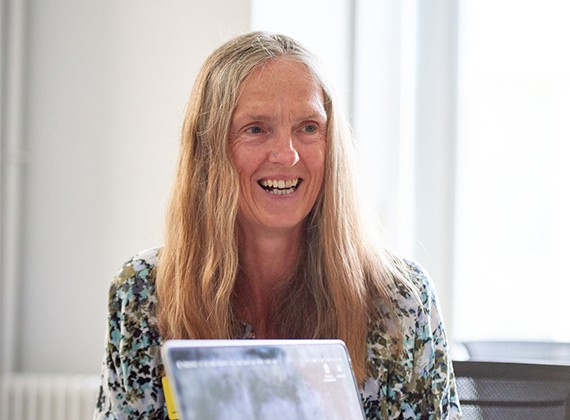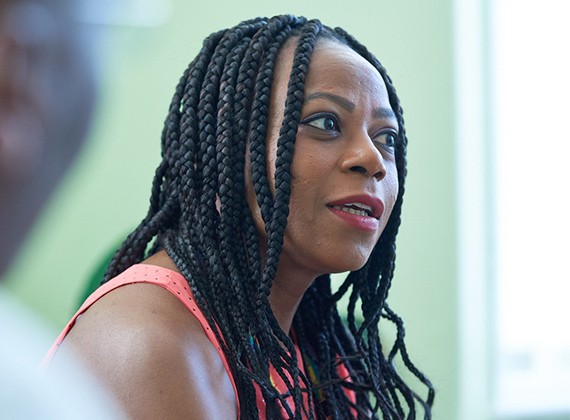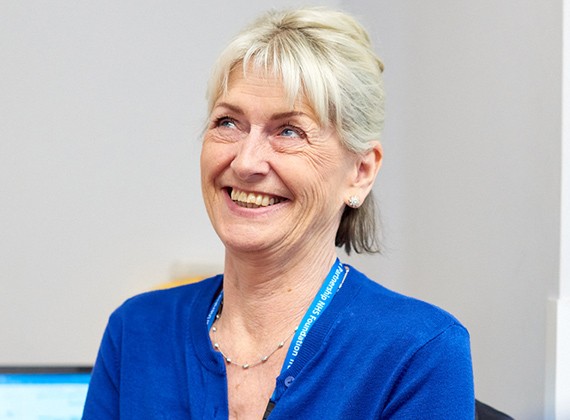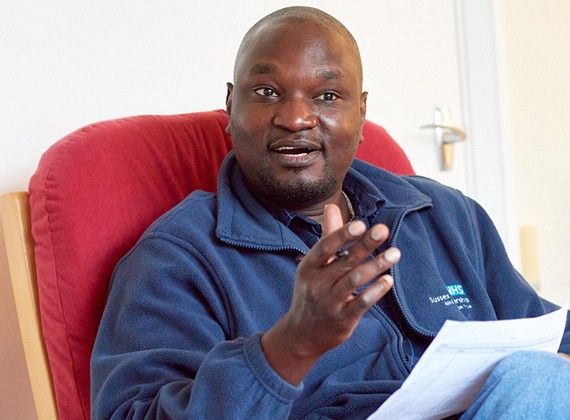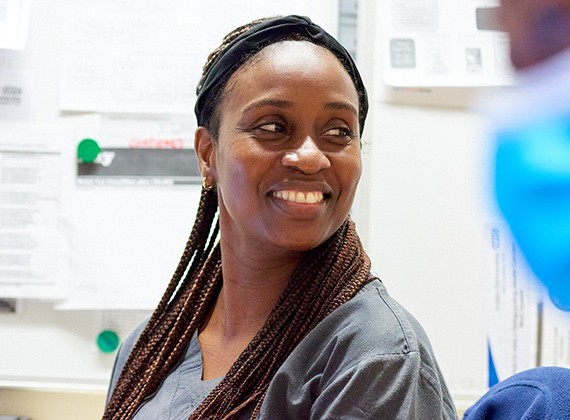

Neurodivergent Brain-Body Clinic
The Neurodivergent Brain-Body Research Clinic runs within our neurodivergent clinical service to provide and evaluate evidence-informed targeted interventions to improve both physical and mental health for neurodivergent people in Sussex.
The research is conducted by clinic leads and their collaborators: Dr Jessica Eccles, Professor Hugo Critchley and Rebecca Simmons.
Neurodevelopmental conditions affect up to 10% of the population and include:
- Autism
- Attention-deficit hyperactivity disorder
- Tourette syndrome, contributing to neurodivergence.
Our Neurodevelopmental service assesses around 700 people a year, the majority of who are confirmed as neurodivergent. Neurodivergent people, who think and see the world differently, have the potential to bring huge value and diversity of thinking to society, but also face a complex and overlapping set of challenges.
There's increasing awareness of the negative psychosocial expression(s) of neurodevelopmental conditions (including anxiety, inattention, impulsivity, emotional problems, social communication differences and/or disordered eating). Yet physical problems experienced by neurodivergent individuals (including sensory processing abnormalities, heightened pain, fatigue, or dermatological, immunological, respiratory and gastrointestinal disorders) are extremely common.
Treatments include the use and evaluation of interoceptive training to improve both physical and mental health symptoms, e.g. treatments derived from Aligning Dimensions of Interoceptive Experience (AIDE) and ADAPT, the first ever clinical trials of interoceptive based therapy for both autism and hypermobility.
The clinic will also use and evaluate ‘repurposed’ pharmacological agents and supplements (e.g. propranolol, bupropion, vitamin D, magnesium) for both physical and mental health symptoms including fatigue, pain and emotional regulation.
Neurodivergent individuals associated with the Neurodevelopmental Service in Sussex Partnership can access the clinic.
ADIE: Testing if a new therapy could help prevent people with autism from developing anxiety disorders. It works by helping people to manage the stress they feel in response to unexpected physical changes, like an increase in their heart rate, and provides ways for them to better judge these. We are now trialling this in a wider population in underserved communities. You can read about the study, called HeartRater here
ADAPT: Testing potential non-drug therapies for anxiety in people with hypermobility.
We have developed a PADLET with resources for neurodevelopmental participation. It includes:
- information and resources
- participation opportunities
- local support
- websites and social media about autism
- websites and social media about ADHD
Click on this link for our PADLET
Dr. Eccles' linktr.ee includes all her publications, podcasts and other helpful resources/information. For more information click here
See this short film on Hypermobility and neurodiversity with Dr Jessica Eccles, there are further films here, and also below:
Neurodivergent people are more likely to experience pain, due to hypermobility
Having hypermobile joints can increase the risk for depression and anxiety in adolescents
Brain Fog in PoTS and long Covid: Causes and management
What is the link between joint hypermobility and anxiety?
Fatigue, Anxiety and Trauma
Neurodivergent Brain-Body Clinic (NBBC) Psycho-Education 1:
the Neurodivergent Brain-Body Connection
Dr Jessica Eccles (from Sussex Partnership NHS Foundation Trust and BSMS) explains the Neurodivergent Brain-Body Connection
Neurdivergent Brain-Body Clinic (NBBC) Psycho-Education 2:
How Mental Health impacts Neurodivergence and Chronic Physical Health Conditions
Neurodivergent Brain-Body Clinic (NBBC) Film looking at How Mental Health impacts Neurodivergence and Chronic Physical Health Conditions. With Anna Watson from Sussex Partnership NHS Foundation Trust
What it's like living with both autism and ADHD: AuDHD?
Dr Jessica Eccles from the neurodevelopmental service featured on Channel 5 News talking about AuDHD (autism and ADHD in the same person)
Living with an ADHD diagnosis
Dr Jessica Eccles was a guest on BBC Radio 4's 'The World Tonight' (29 May 2025) discussing ADHD diagnosis. Listen to the interview here (32 minutes in)
Psychoeducation session 1:
General information around Neurodivergence and the
Brain-Body Connection
Dr Jessica Eccles explains the Neurodivergent Brain-Body Connection. Watch the film here
Psychoeducation session 2:
Mental health management alongside Neurodivergence and
Chronic illness
Looking at how Mental Health impacts Neurodivergence and Chronic Physical Health Conditions. With Anna Watson from Sussex Partnership NHS Foundation Trust. Watch the film here
Encouraging Curiosity and Challenging Stereotypes
Dr Jessica Eccles. Watch the film here
This film suggests we drop the distinction between physical and mental health and covers systematic hypermobility and the abnormality of the fight or flight system, PsTS, and inflammation-induced pain and fatigue. The second talk in this film includes the menstrual cycle and symptom fluctuation in HEDS - listed separately below.
Menstrual Cycle and Symptom Fluctuation in Hypermobile Ehlers-Danlos Syndrome.
Dr Michael Evison Watch the film here and this talk will start at 23.57 minutes in.
Our Lived Experience Advisory Panel helps to shape the research of the clinic. For further information, please email us: spft.involvementinresearch@
- Email: spft.
nbbc @nhs.net - Address: Neurodivergent Brain-Body Research Clinic, Research and Development, Sussex Education Centre, Sussex Partnership NHS Foundation Trust, Mill View Hospital Site, Nevill Avenue, Hove BN3 7HZ.
- X: @bendybrain
- Instagram: @drbendybrain
